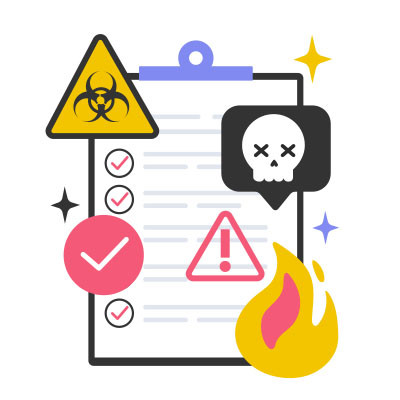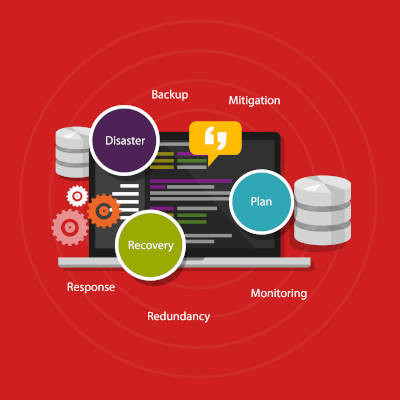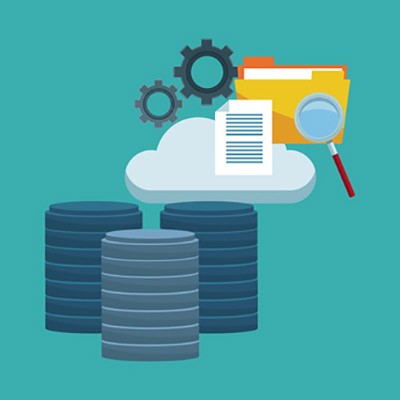Business technology is known to be remarkably finicky, particularly if you do not have the requisite knowledge to manage and maintain it. After all, there is a reason why you hire an IT department or a managed service provider to handle this role. What happens if your technology fails, though? Do you have a plan in place? What does a plan like this even look like, anyway? Let’s dig into the details.
CIT Solutions Blog
In an era where businesses rely heavily on data and technology, the need for comprehensive disaster recovery solutions has never been more critical. The stakes are high when it comes to safeguarding your company's digital assets and ensuring business continuity in the face of unforeseen disasters. This is where Disaster Recovery as a Service (DRaaS) comes into play.
With technology serving such an indispensable role in modern business the looming threat of disaster is one that needs to be considered. With so many consequences on the line, it’s important that your business is prepared to deal with these disasters effectively and efficiently. Let’s run through some tips for properly preparing for your potential disaster recovery needs.
No one can tell when a disaster is going to hit your business or what form that disaster is going to take. The cause could be a storm, human error, or some freak occurrence that nobody could have seen coming. In order to get back up and running after one of these incidents a company needs to have a strong business continuity strategy. An essential part of this strategy is knowing how to recover data depending on the way it’s lost. Getting data back and working for your company is the only way to stave off ruin, so let’s look at data recovery strategies that can literally save your business.
Data backup is a must-have for every business, but it isn’t enough to just copy your data. You will need to have a data recovery strategy in place to ensure that your business can effectively respond after a data loss incident. Today, we’ll take a look at why considering your recovery strategy early is important, and how to prioritize it with everything else going on with your business.
As most people know, data backup is important, and when things go wrong you’ll be glad your business has it. The thing is, it’s not enough to have a copy of your data when you need to restore it, you’ll also need a recovery strategy. This is because getting your data back working for you is arguably as important as any other part of the process. Today, we’ll take a look at data recovery strategies that will get your business back on track after a disaster.
If there is one thing that you could take away from our blog it is that data backup is an integral part of any business continuity strategy. Unfortunately, there are so many different parts to it that it’s not surprising some data could slip through the cracks if not maintained properly. If you’re not actively taking measures to keep disasters from derailing your business’ progress, you stand to lose more than some data. Let’s take a look at some of the critical parts of a data backup and disaster recovery process and why it is essential to give them a test regularly.
If there is one thing we tell every would-be client of ours, it is that it is essential that they secure their data with a comprehensive backup and recovery system. This is not to make our lives easier or to sell products, it is a fact, and said strictly for their own benefit. Even the smallest organizations need protection against situations that could put all their staff’s hard work in jeopardy. Let’s take a look at why backup is so important.
Some terms are thrown around like everyone knows what they are. This is especially the case with IT and technology solutions. Perhaps it’s a result of them being around for quite some time in professional environments, but it doesn’t help those who are unfamiliar with the technology. One term that we should all understand is “firewall,” as it’s omnipresent in the business sector, but it’s far from the only security solution you’ll need to guarantee safety.
The late American author Kurt Vonnegut once wrote, “New knowledge is the most valuable commodity on earth. The more truth we have to work with, the richer we become.” Written in the 20th century, it has been put in practice by 21st century businesses. As the Internet has grown, the amount of companies expanded, and the amount of data that those companies collect has grown exponentially, especially now that there is a market for such data.











